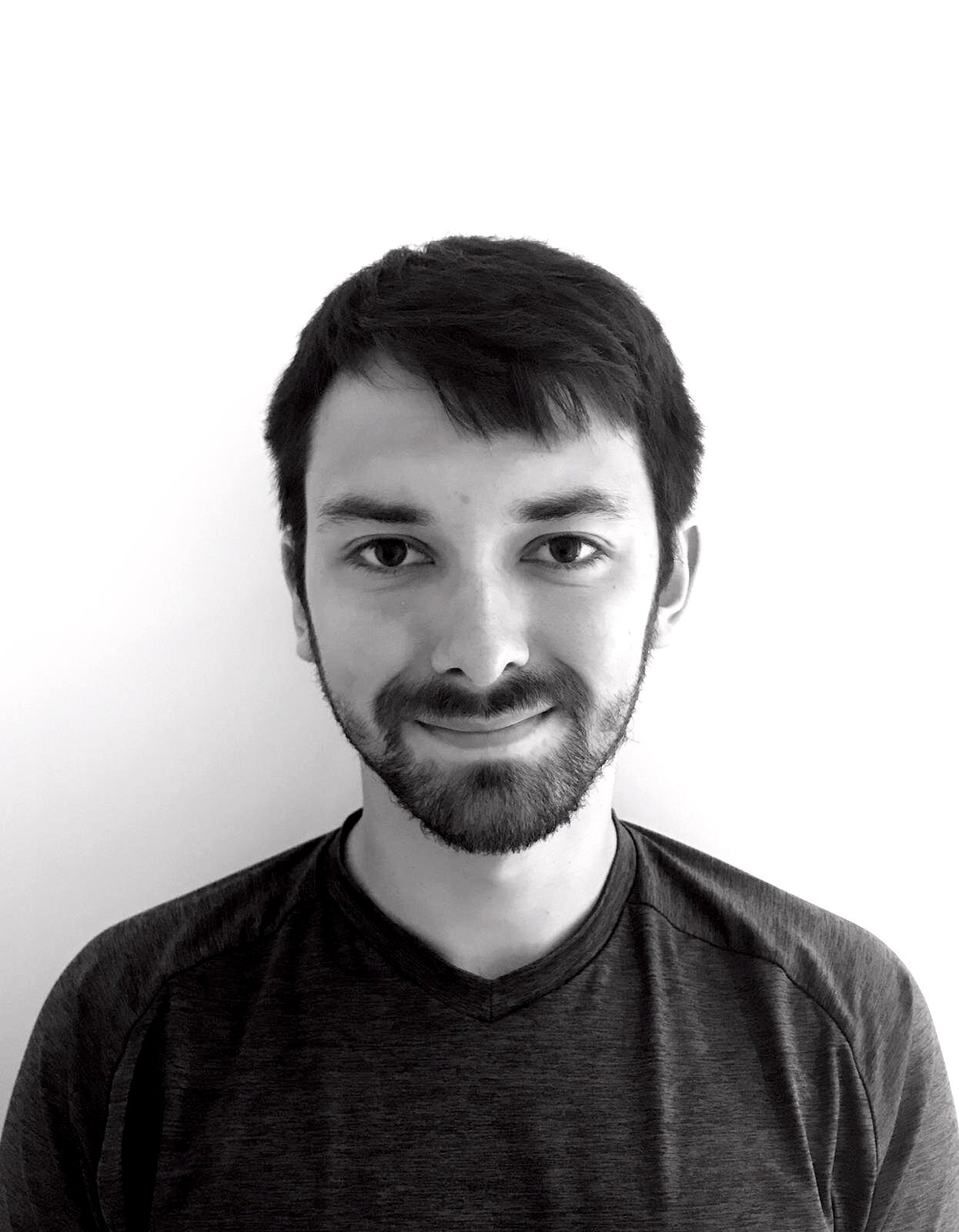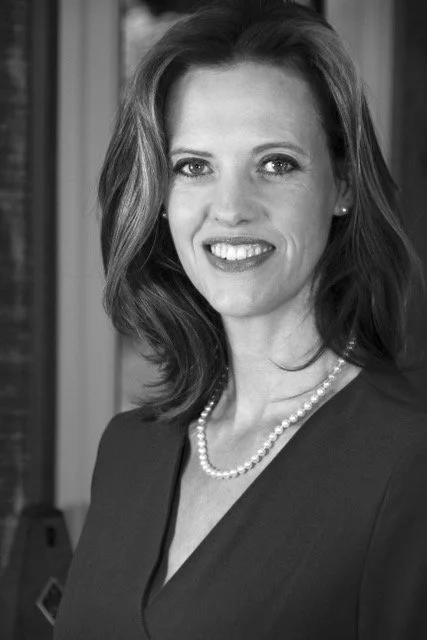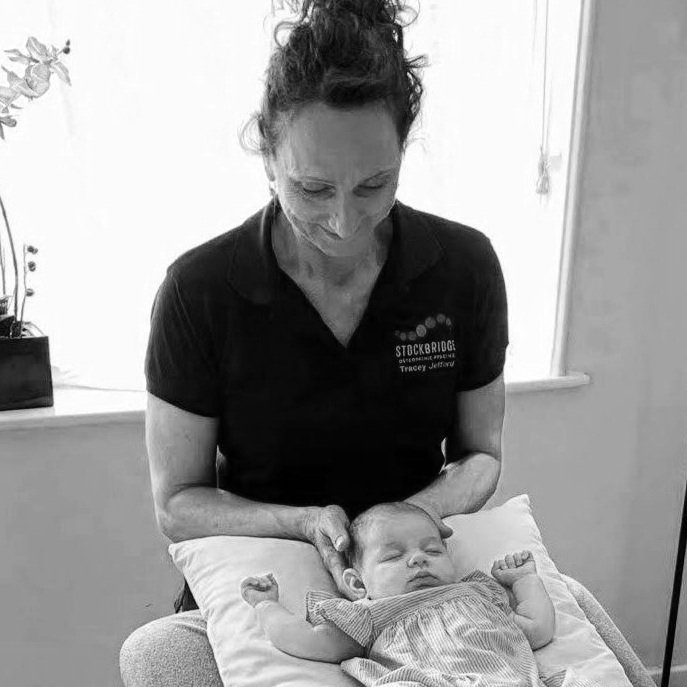“It’s your age”
How often do you hear this or even say it to yourself when you have ongoing symptoms, aches or pains?
The phrase is often used as a throw away comment or diagnosis and what it implies is that nothing can be done which can often result in a feeling of hopelessness and depression. It feels as if that at a certain age or stage, certain symptoms are inevitable or expected and can therefore be rounded up and neatly swept under the carpet leaving the feeling like you just have to accept it. Well, I’m here to stand on my little soap box and to boldly say it’s not your age, it’s not inevitable or to be expected and there is something you can do about it!
Firstly you must be proactive. The younger you are when you make changes to improve the quality of your environment, lifestyle, social circle and whole-body health, the better you will fare as you get older.
‘Age-related degenerative change’ usually comes about after years of misuse and misalignment. Think of the wheels on a car like your body, and the tyres like your soft tissues, bones and joints. If the wheels are unbalanced the wear on the tyre will happen faster and unevenly. The same applies to you.
If you spend the vast majority of your time in sub-optimal positions and movement patterns, such as long hours in the car, at the desk, one sided sports or activities, your body will ‘degrade’ or ‘wear’ faster. We all agree that smoking is a killer and disastrous for your health and there is no doctor in the world that would wait until cancer or heart disease was diagnosed before telling you to quit. So why wait until the cliff edge of ‘age-related’ ill health to do something about it either?
There is an interesting conversation circulating at the moment about health span (biological age) versus lifespan (chronological age). How do you think yours may differ?
Dr Peter Attia, a medical doctor and longevity expert believes our focus needs to be on the quality of life we’re living; our health span rather than our lifespan. When it comes to healthy, happy longevity he argues movement and exercise is the most important area to focus on. Interestingly, in the Blue Zones as identified by Dan Buettner, (areas of the world that have the longest and healthiest living people), one of the common factors is that they live amongst hillsides, cliffs and coasts, and locally source their food from their own farms, gardens or markets. All of which promotes a variety of regular, daily movement patterns. Many movement patterns, that I would go so far as to say we have lost.
If you would like to find out how well your body is ageing and how your biological age measures up against your chronological age you can go to this link and use this fun calculator tool provided: www.biological-age.com
Your biological age result can show you how your lifestyle is affecting your health. If you are worried about the results, the good news is unlike your chronological age, there is something you can do about your biological age!
Want to know where to start? Here’s some inspiration: read more about Dan Buettner’s work on the Blue Zones, Dr Peter Attia’s book on longevity or listen to Dr Rangan Chatterjee’s podcast #356 ‘Why health span matters more than lifespan’.



































